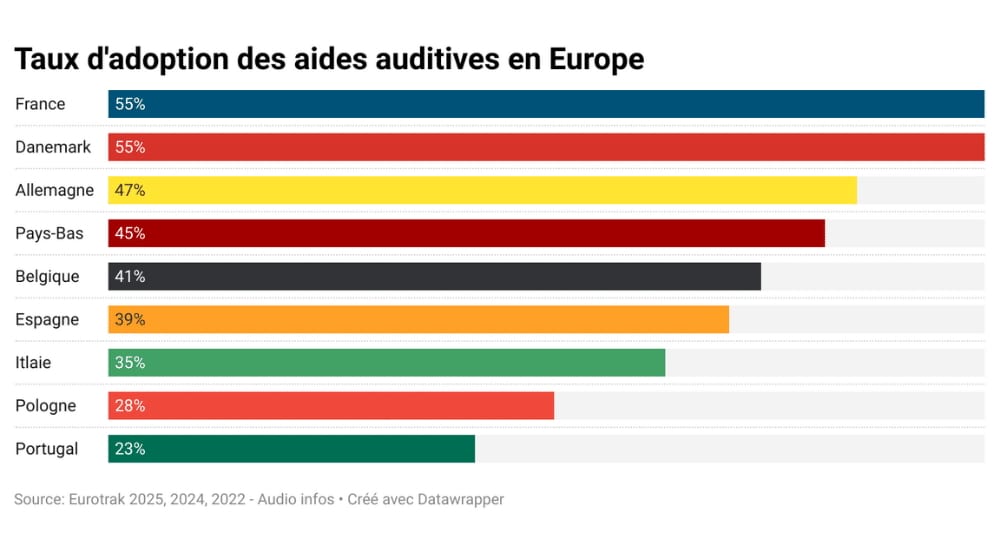Singing and playing music can aid speech perception in children with CIs, Finnish study suggests
Music
A Finnish research team has announced positive results from a recent investigation into the role of singing and instrument playing in speech perception in noise of children with cochlear implants.

Led by Ritva Torppa, of the Department of Psychology and Logopedics at the University of Helsinki, the study—published in the journal Music Perception—looked at two groups of children with CIs aged four to thirteen, and used a control group of normal-hearing kids. The two CI groups were sorted according to their everyday habits and exposure to music and singing.
In testing, the group of children who sang, even without any formal training, performed better than the non-singing group, showing better attention skills, and also superior grasp of rhythm, the latter factor helping them better understand speech patterns.
Although their study—Developmental Links Between Speech Perception in Noise, Singing, and Cortical Processing of Music in Children with Cochlear Implants—was not specifically designed to show a direct causal link between singing and better speech perception in noise, the authors recognised the importance of these factors for children with hearing issues, and are recommending that daycare centres and schools incorporate music every day in children’s learning, and that parents sing to them at home.
They underline that hearing and speech connections can be strengthened through singing, for one reason because it involves a small number of words and much repetition, giving more time to process what is being heard.
“What seemed to help most, said the study leader, Torppa, was “clear and regular rhythm, slow tempo, singing by oneself and face-to-face with parents, and lots of repetition of songs.” Actually enjoying the singing was a factor behind their benefiting from it, she said.
Source: Healthy Hearing


